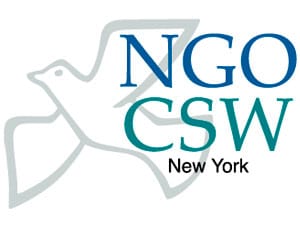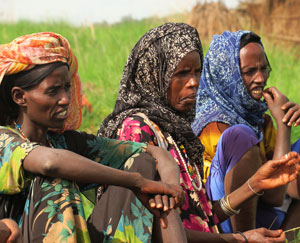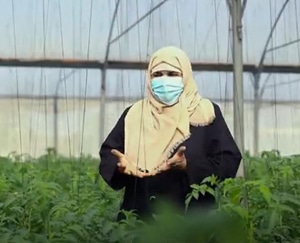Social Promotion Foundation joins, in the celebration of International Women’s Day (8th March), with the United Nations’ claim that women of the world want and deserve an equal future free of stigma, stereotypes and violence; a future that is sustainable, peaceful, with equal rights and opportunities for all people. In order to achieve this goal, the world needs women at every decision-making body.
In the context of Women’s Week, Social Promotion, as an NGO accredited to the United Nations Economic and Social Council (ECOSOC) in general consultative status, will attend the annual sessions of the Commission on the Status of Women (CSW), which in this 65th edition, due to the COVID-19 pandemic, will be held virtually/remotely.
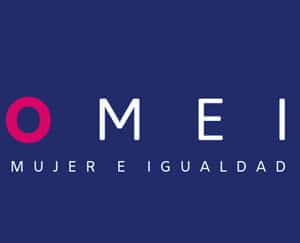
This event will consist on a round table with the title “Equality: Legal evolution and situation of women in Spain”, which will be held on 22 March, from 13.00 to 14.30h, which will take place via Zoom on the CSW65 NGO Virtual Forum Platform.
OMEI was created in 2019 with the aim of training, informing and promoting the generation of ideas that allow specific actions to be carried out to improve the living conditions of women.
The Roundtable will analyse the issue of Legal Equality in such a crucial topic as co-responsibility in work and family life.
In this side event, OMEI will address the challenge of the evolution of equality in recent years, as well as the need to revalue care and maternity tasks in order to prevent them from being a factor of inequality for women in Spain which and makes it impossible to achieve effective equality in access to decision-making positions.
The round table is expected to be closed by the Spanish Ambassador to the United Nations, María Bassols, and will be attended by leading women in different areas of society such as Eva Chamizo, Soledad Álvarez and Ana Abade, among others.
Social Promotion Foundation has been working in International Cooperation for Development since 1992 and we perceive the need to promote equal opportunities and the promotion of women in countries where conditions are very difficult, where there is a lack of rights and where there are greater inequalities for women.
On this Day, we would like to pay tribute to women who are rights-holders in our agreements in Palestine and Ethiopia, financed by AECID, and in our projects.
In all of them Gender Equality, with the promotion of access to decision-making and social participation, is a cross-cutting objective. The women, right holders in our projects are true fighters, overcoming in many cases very difficult previous situations, and are protagonists of development and guarantors of the future for themselves and their families.
In Palestine, we promote the empowerment and autonomy of rural women through their accessibility to natural resources, to production and the use of agricultural techniques for the adaptation of domestic gardens, and their training for the management of water resources.
Within the framework of the agreement, productive agricultural units and their commercialisation are promoted, as well as the creation of women’s clubs and cooperatives. Finally, we focus on issues of public awareness and sensitisation on equal opportunities and their access to rights. We also promote the incorporation of women into the cooperative fabric and production units, encouraging their active participation in the governing bodies and in decision-making.
This is what Sabha Sarhan, in charge of food processing at the Al Manara Club in Khan Younis in Gaza (Palestine), tells us in the framework of our agreement in Palestine,
“We and the Rural Women’s Development Society (RWDS) thought of creating a production unit in the area so that all the women could benefit, there were women who did not go out or socialise, but as a result of associating with others in this production unit, they changed, they started to go out, socialise and work.”
The proportion of women in Ethiopia who have undergone FGM is very high. The Somali Region has the highest rate in the country, affecting 99% of women and girls.
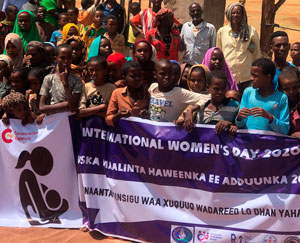
In addition to the two agreements mentioned above, the Foundation is currently developing projects for the empowerment of women and in order to guarantee equal opportunities in Vista Bella and Joya Grande (Guatemala), Uganda, Oromia (Ethiopia), Egypt, Peru and Venezuela.





